Planning your trip to Vietnam? Here are the things to know before traveling to Vietnam to ensure a smooth and enjoyable experience. From visa requirements and local customs to the best time to visit and essential travel tips, this guide covers all the must-know information for your journey to this vibrant and culturally rich destination.
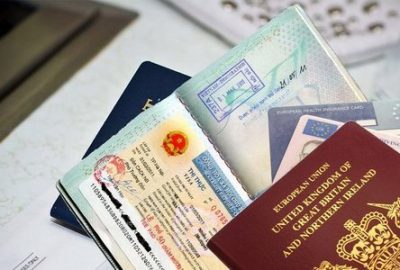
Before you pack your bags, research the visa requirements for Vietnam. It's a quick and easy process, but having your paperwork in order is essential. Vietnam offers a variety of visa options to accommodate different travel needs. Here's a breakdown of the most common types:
Visa on Arrival (VOA)
E-Visa
For the most accurate and up-to-date information, visit our website.
Tipping is customary in hotels and upscale restaurants. However, it's not expected at street stalls or small local eateries. Feel free to leave a tip if you've had a great experience.
While credit cards are becoming more widely accepted in Vietnam, especially in major cities, it's still a good idea to carry some cash, particularly when exploring rural areas. Here's why:
Vietnam is generally considered a safe country for travelers. However, as with any destination, it's important to exercise common sense and take precautions to ensure your safety.
If you plan a solo trip to Vietnam, check out our article Is Vietnam Safe to Travel Alone? for more information.
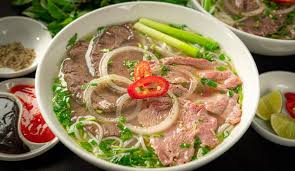
Vietnamese cuisine is renowned for its fresh flavors, vibrant colors, and healthy ingredients. Embarking on a culinary adventure and eating like a local is a must-do experience in Vietnam.
Don't be afraid to try street food, as it's a popular and affordable way to experience Vietnamese cuisine. Look for busy stalls with locals queuing up
Haggling is a common practice in Vietnam, especially at markets. Be fair and respectful, but don't be afraid to negotiate for a better price.
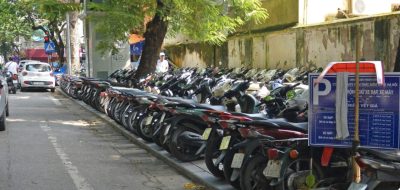
Despite efforts to create pedestrian-friendly sidewalks in Hanoi and Ho Chi Minh City, the problem of motorbike parking remains a significant issue. Even with barriers and obstacles put in place, motorbikes often encroach on sidewalks, leaving pedestrians with limited space to navigate.
This issue is prevalent in many Vietnamese cities due to a shortage of designated parking areas for motorbikes. As a result, sidewalks have become a convenient, albeit illegal, alternative for parking. This can make walking on sidewalks dangerous, as pedestrians may have to share the space with motorbikes.
Unlike other countries in the region, Wi-Fi is a common feature in Vietnam, even in the most rural areas. This makes it convenient for travelers to stay connected.
One of the most important things to remember when traveling to Vietnam is to avoid drinking tap water. While tap water is generally treated, it's recommended to stick to bottled or boiled water to minimize any health risks.
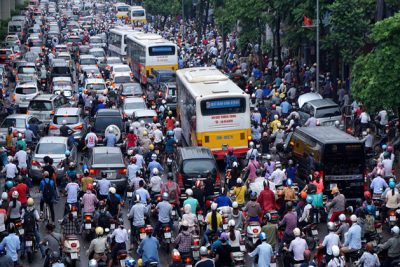
Traffic in Vietnam's major cities can be a whirlwind of activity, with motorbikes, cars, and pedestrians all vying for space. Here are some tips to help you navigate the chaotic streets:
The traffic in Vietnam's cities may seem overwhelming at first, but with a little patience and awareness, you can navigate it safely and enjoy your trip.
While Vietnam is generally a safe country, it's important to take precautions to protect your belongings from theft or loss. Here are some tips to keep in mind:
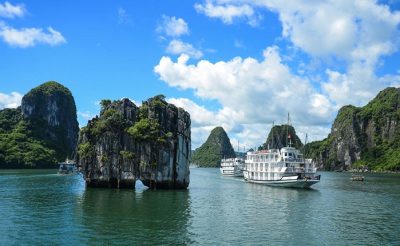
Halong Bay is a must-see destination in Vietnam, known for its stunning limestone karsts, emerald waters, and hidden caves. Explore by cruise, kayak, or swim, and enjoy activities like fishing and cooking classes. Book your cruise in advance and pack appropriately for a memorable experience.
We provide fast Vietnam tourist visa services in as little as 1 hour